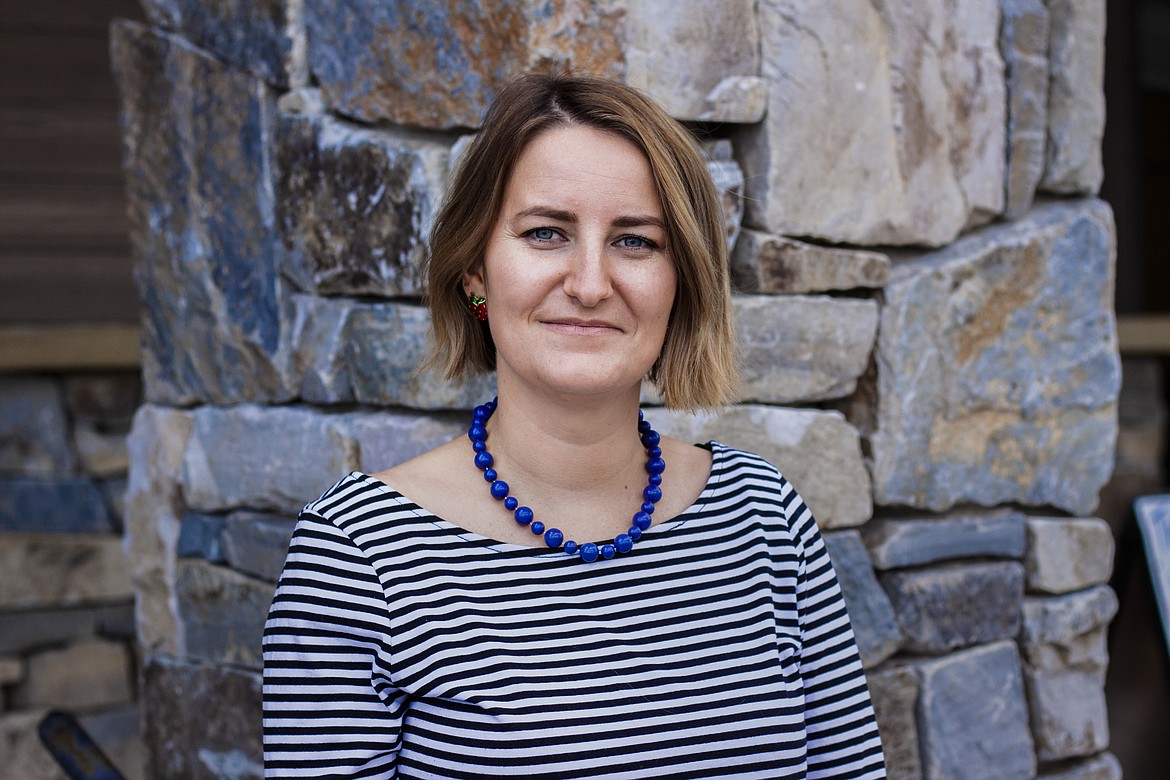In a Nutshell: Addressing shame and stigma of food insecurity
In the past few weeks, we have seen more people turn to our local food banks. Over 200 new families came to North Valley Food Bank (NVFB) for the first time in the first quarter of 2022.
This is a 69% increase in first-time customers from the previous year. Rising inflation, the end of pandemic assistance programs, as well as skyrocketing gas and food prices, have created an environment in which many families are struggling to make ends meet.
One of our customers recently told me that the past few months have been especially hard for her family of six. She never had trouble keeping gas in her tank and only used the food bank occasionally to subsidize groceries. Now, she almost exclusively depends on the food bank to provide healthy food for her family.
While food is free at NVFB, coming to the food bank can have hidden costs. Community members often feel ashamed to ask for help. Instead, they wait, survive on ramen noodles and peanut butter and jelly sandwiches, or even skip meals so their kids can eat. For many, coming to the food bank is the last and only resort.
This scarcity mindset along with the focus on short-term survival rather than long-term well-being can lead to chronic fear, anxiety and lasting trauma. First-time customers frequently walk into NVFB apologizing and wanting to explain themselves. The same customer I referenced above also shared: “I felt embarrassed at first but everyone here is so nice. When you really struggle to pay for basic needs, this is one less thing to worry about.”
This self-judgment is multiplied by societal stigmas related to poverty. It is a misconception, for example, that a family driving a fancy vehicle does not require food assistance. Things aren’t always as they seem. There are instances, in which a paid-off vehicle is the only remaining transportation option available to someone after a divorce, a bankruptcy or a beloved one’s death.
For us at NVFB, it is important to not only feed people but also address the shame that is commonly associated with food insecurity. Our programs strive to reduce many of the stressors faced by community members living in poverty. One way of doing this is our choice pantry model. Instead of receiving pre-packaged food boxes, customers choose their food in our free grocery store.
Our hours of operation are also based on customer preferences. Moreover, there are no food limits or eligibility requirements. At NVFB, everyone is welcome. Further, we do our best to continuously provide healthy, nutritious and diverse food items.
Despite our best efforts, dismantling the stigmas surrounding food insecurity is a community effort. We need to embrace the common humanity I see every day in the Flathead Valley and support “togetherness” rather than create “otherness.”
Please consider that we never know a stranger’s complete story. There is no us and them. We are all the same; however, we don’t all have the same privilege and support networks. An illness, lost job, domestic violence, pregnancy, divorce or other unexpected events could cause each of us to need assistance. While the NVFB’s support is focused on food security, we ask that the community not pass judgment on neighbors, but instead welcome everyone and offer support in challenging times.

